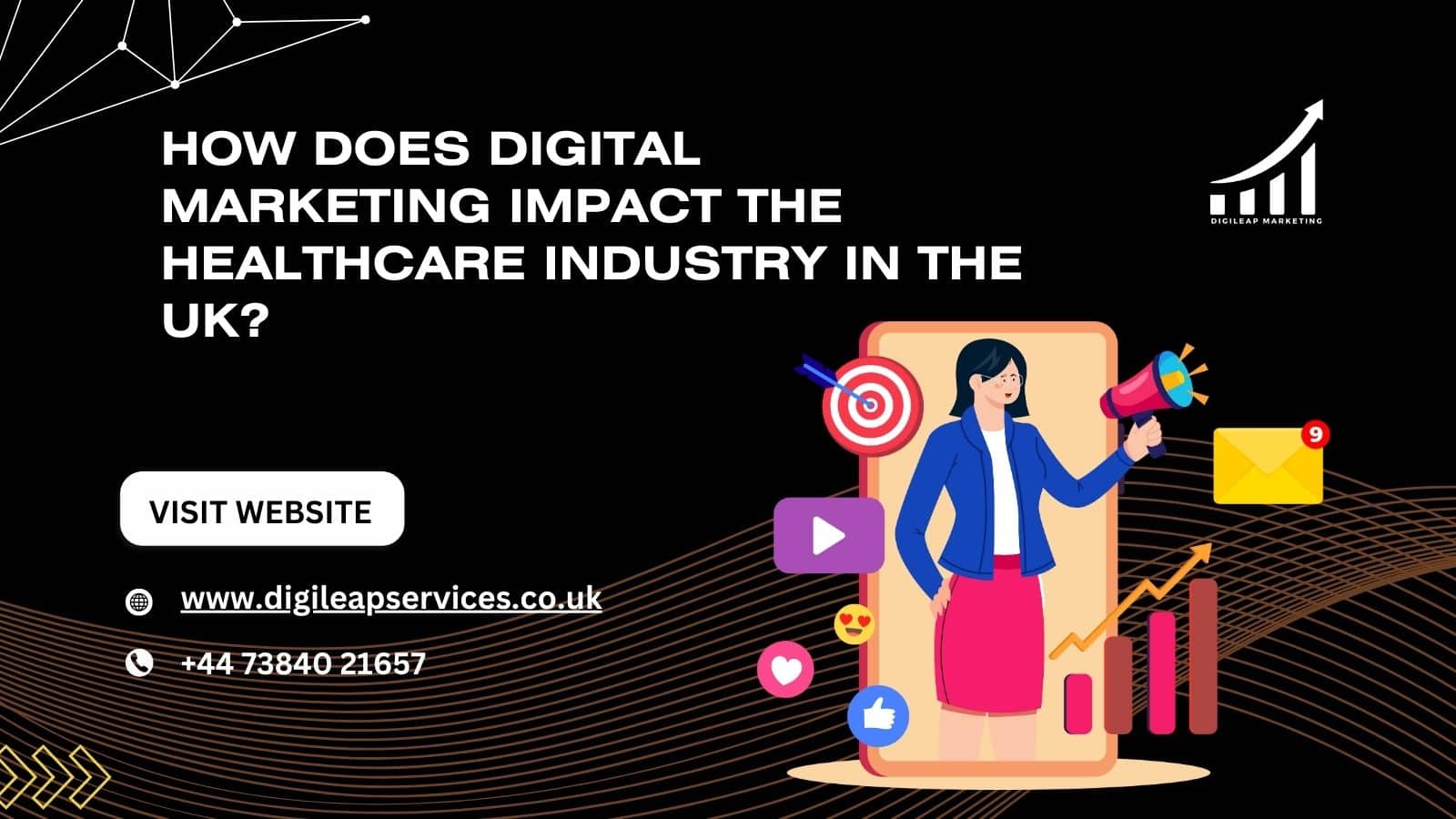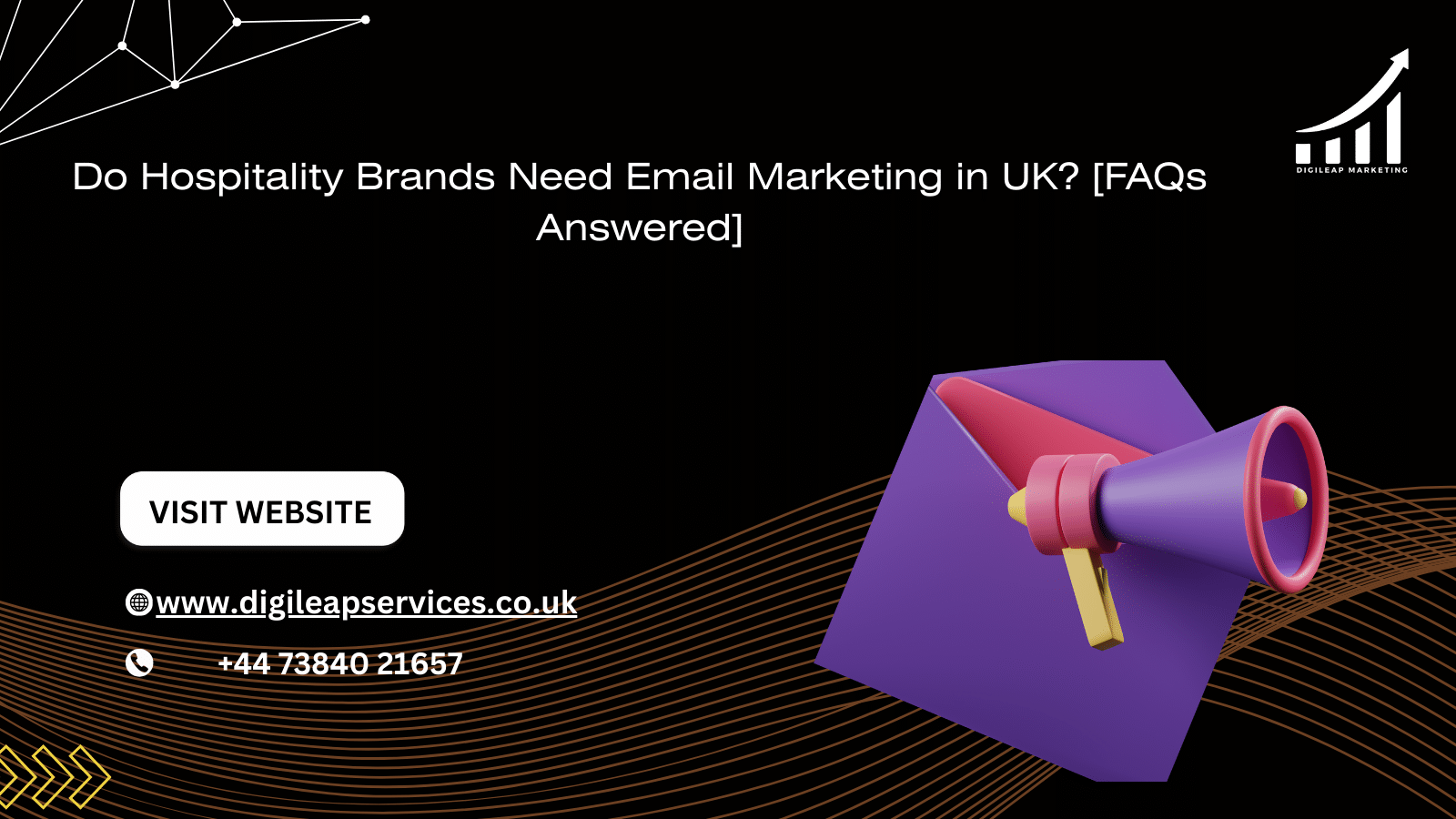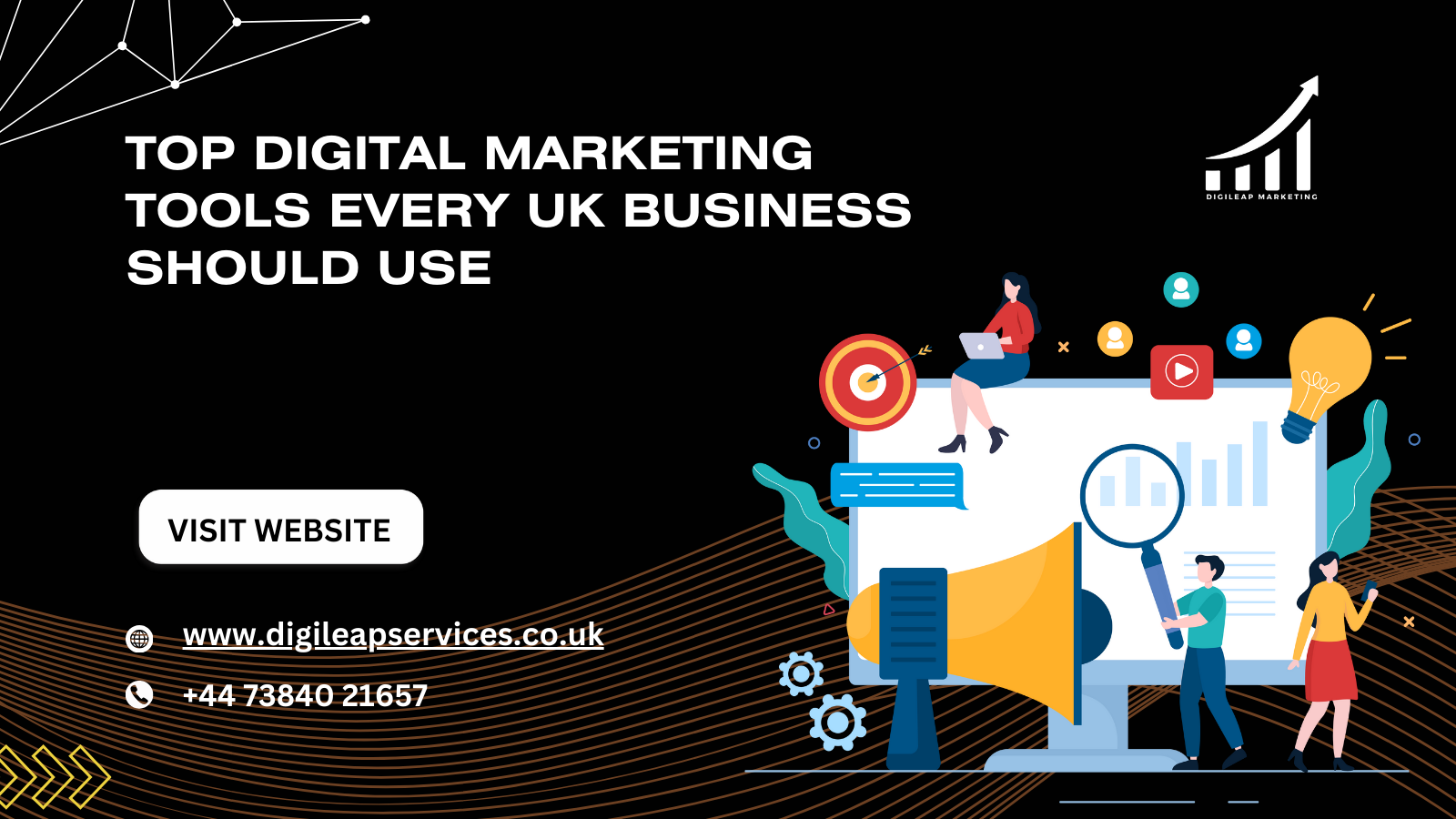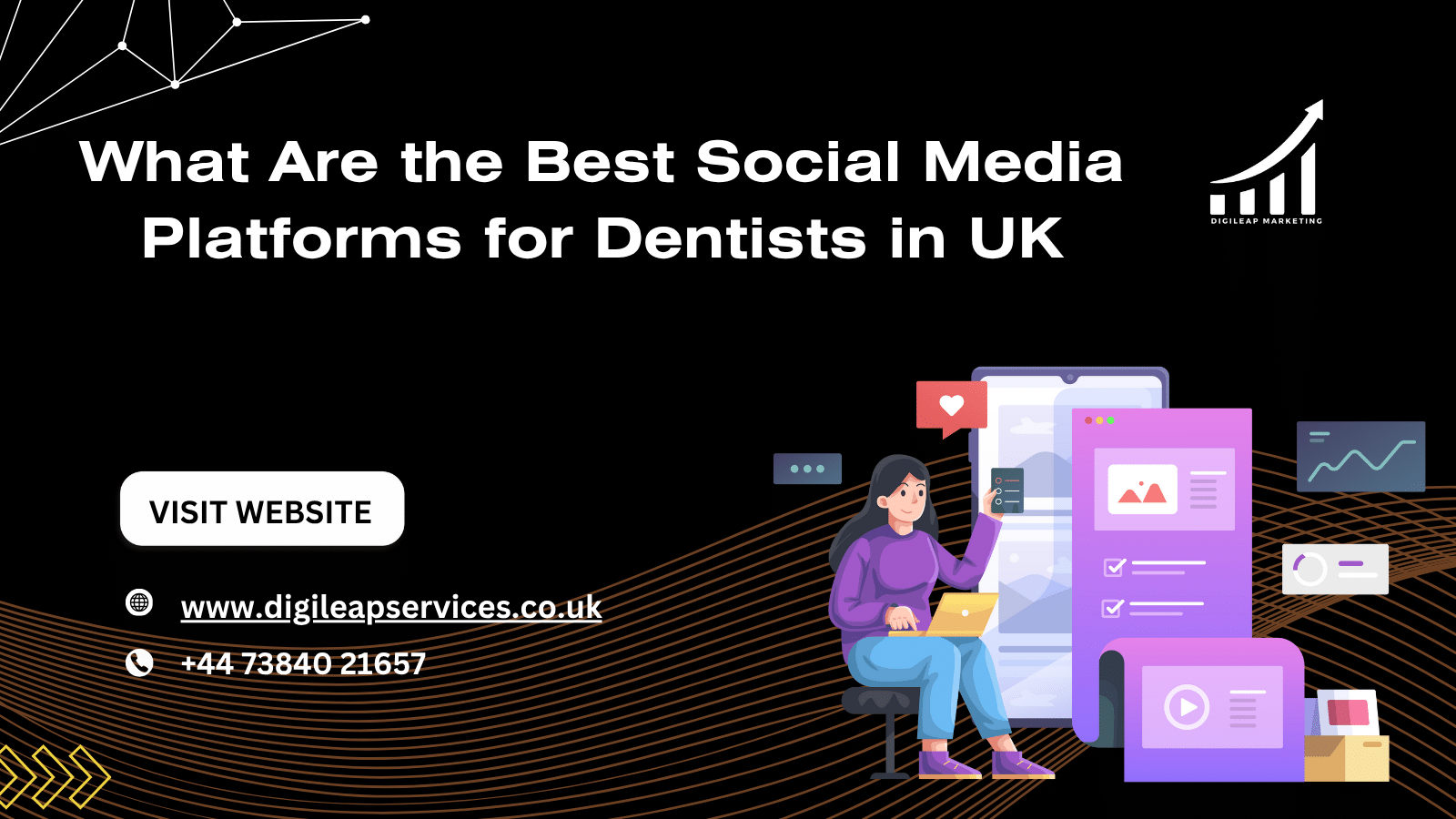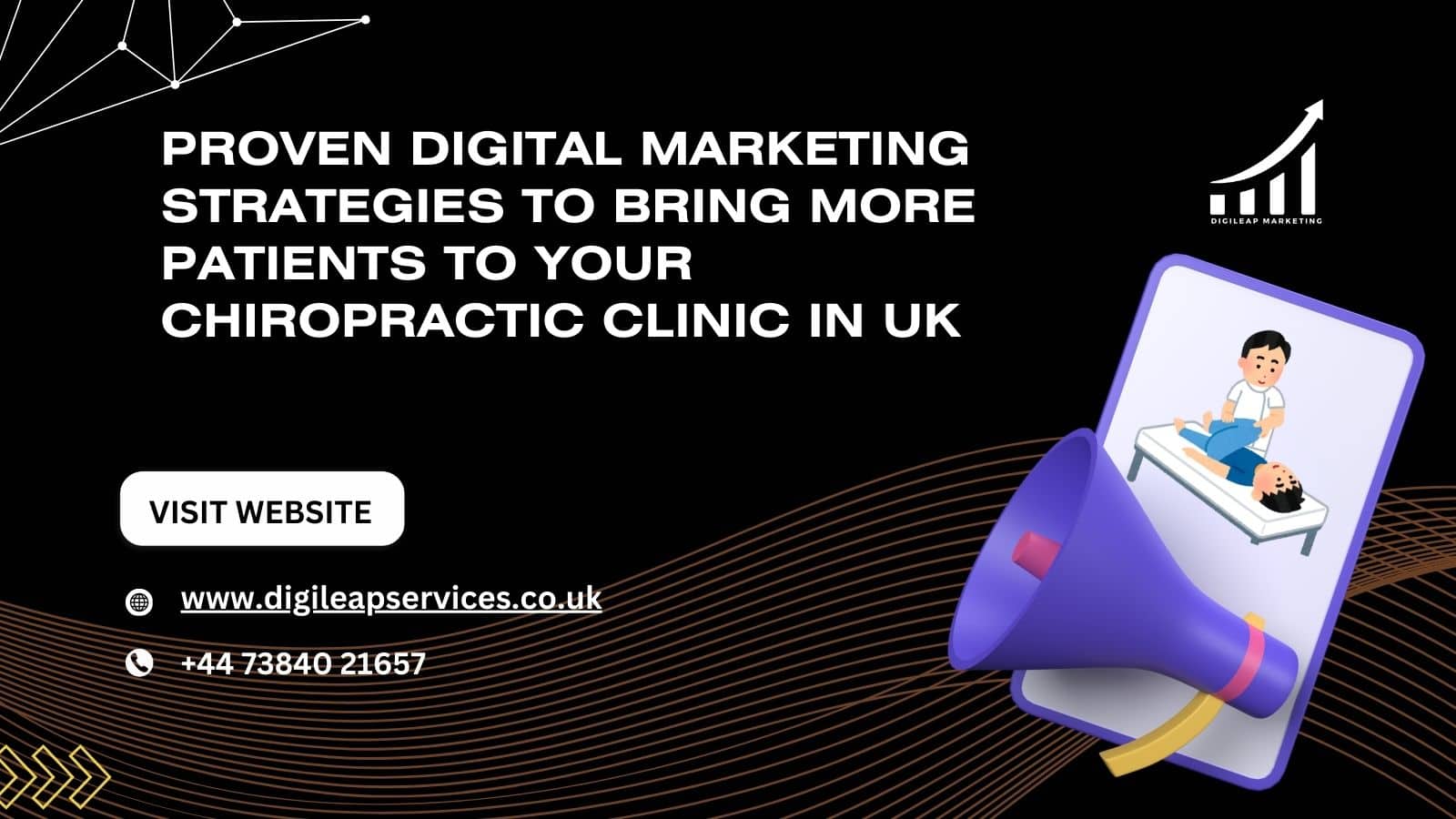How Does Digital Marketing Impact the Healthcare Industry in the UK?
The UK’s healthcare sector is undergoing a significant transition, and digital marketing is a major factor in this change. In order to stay competitive, engage with patients, and expand their practices, medical practitioners are now adopting digital methods in response to rising patient expectations and a growing demand for reliable online health information. Healthcare providers are using digital technologies, such as social media interaction and SEO optimization, to increase patient reach, build trust, and improve treatment delivery.
More than 53% of UK internet users looked up health-related information online in 2023, according to a Statista survey. This demonstrates unequivocally why every healthcare practice must now have a strong online presence.
Let us examine how digital marketing is changing healthcare in the UK using useful data, statistics, and astute tactics.
Building Trust Through Better Online Presence
The Role of SEO in Healthcare
When someone searches for “best private GP near me,” they usually click on the top results. That’s why SEO matters so much for doctors and clinics. Local SEO, helpful blog posts, and clear website info help healthcare providers show up higher in search results. This leads to more visibility and more patient bookings.
💡 Did you know?
More than 87% of people in the UK use search engines to find services, including medical help, according to Statista.
Managing Patient Reviews and Reputation
Patients now check online reviews before picking a doctor. Sites like Google Reviews and Trustpilot can influence their decision. Keeping track of reviews and managing your online reputation is key to earning trust. Responding to feedback regularly helps build a good image.
📢 Expert Quote:
“Your online reputation is your first impression—make it count.” – Neil Patel, Digital Marketing Expert
2. Google My Business – A Key Tool for Healthcare
Setting up your practice on Google My Business is a quick way to attract local patients. It shows your services, reviews, hours, and contact details all in one place. Optimizing your profile makes you easier to find and encourages more patients to contact you.
Using Content Marketing to Increase Patient Engagement
Use Videos and Blogs to Teach
One excellent strategy for educating patients and addressing their issues is content marketing. In addition to providing information, blogs, how-to videos, and infographics about subjects like “managing diabetes” or “what to expect after an MRI scan” further demonstrate your authority.
📈 Stat Insight: According to a 2024 analysis on content performance by Statista, healthcare material obtains three times as much engagement on social media as content from other industries.
Using Social Media to Make Your Brand More Human
Social media tools, such as Instagram, LinkedIn, and Facebook, aid in humanizing your profession. To build closer ties with your audience, share behind-the-scenes videos, patient success stories (with permission), health advice, or Q&A reels with your physicians.
“Social media has helped us convey our human side—it is not all white coats and medical words,” the practice owner said. — London-based GP Dr. Sarah Lane
Using Email Marketing to Send Health Advice and Appointment Reminders
Healthcare practitioners can send newsletters, seasonal health advice, and appointment reminders with the aid of targeted email campaigns. This decreases missed appointments while keeping patients informed and involved.
3. Using Analytics and Paid Advertising to Make Data-Driven Decisions
Instant Reach with Paid Advertising
Healthcare companies may target the appropriate audience based on location, age, and interests with Google Ads and Facebook Ads. For instance, a dentist office can advertise “teeth whitening services in Manchester” using geotargeted ads and see results very immediately.
🌐 Digital Fact: Healthcare PPC advertising are among the most effective growth tactics, with an average return on investment of 5:1. — Report from Statista, 2023
Using Analytics to Determine What Is Effective
Healthcare marketers may determine which content is most effective, where people are dropping off, and how many are scheduling appointments by utilizing technologies such as Google Analytics and Meta Insights. This aids businesses in optimizing their marketing for greater results.
📊 For instance, a Birmingham clinic that used analytics data to optimize landing pages saw a 35% improvement in website conversion rates in just three months.
Voice Search and Mobile Optimization
A mobile-optimized website is now required, as 72% of consumers obtain health information on their phones (Statista). Additionally, voice searches (such as “Alexa, find a walk-in clinic near me”) are becoming more popular, thus conversational keywords are essential in your content.
How Digileap Aids in the Development of Healthcare Practices
Many healthcare providers in the UK now understand that digital marketing is about more than just visibility; it is also about building relationships with patients, earning their trust, and achieving long-term success. Working with a specialized digital firm like Digileap gives you access to methods that are tailored to your specific healthcare objectives, from PPC advertising and social media management to SEO and content production.
4. Digital Compliance and Ethical Advertising
Following NHS Rules
All healthcare ads must follow NHS guidelines and ethical standards. They should never be false or misleading. Protecting patient privacy is essential. The information shared should be factual, helpful, and trustworthy.
GDPR Rules for Healthcare Marketing
In the UK, healthcare marketing must also meet GDPR laws. This is especially important when handling patient data for emails, newsletters, or remarketing. Always get clear consent and be transparent about how data is used.
Pro Tip:
Include opt-in forms and links to privacy policies on your website and in email messages.
Access for Everyone
Making your website and content accessible for people with disabilities is important and required by law. Use descriptive alt text for images, add captions to videos, and ensure your site works well on phones. This guarantees your healthcare services are available to all users.
Final Thoughts
In an age where nearly every patient starts their health journey online, digital marketing is no longer a nicety for the health care sector in the UK—it’s necessity. From search engine optimization and patient engagement to decision-making based on data and compliant behavior, digital tools are making health care more accessible, reliable, and patient-focused.
Whether you’re an individual practitioner or a multi-specialty hospital, implementing the right digital tactics can result in more robust relationships, improved appointment rates, and improved health outcomes.
